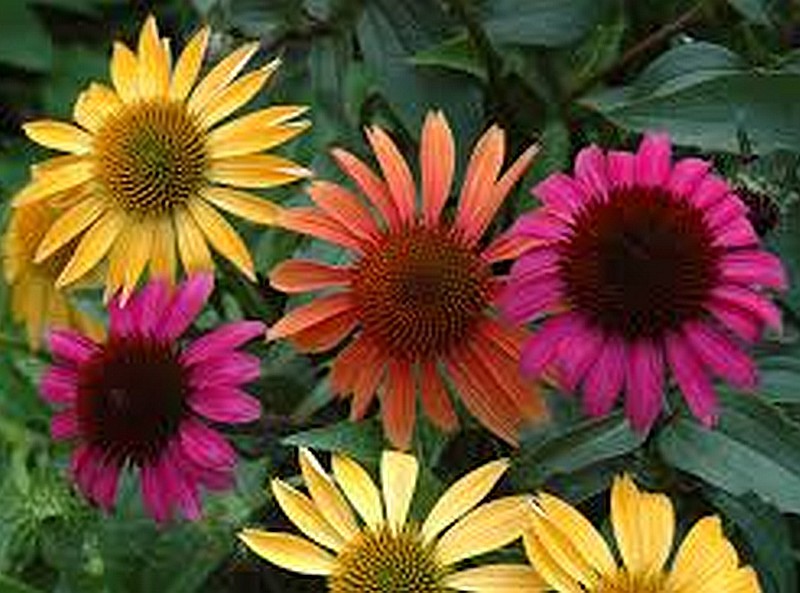
Echinacea purpurea is the most effective detoxicant for the
- circulatory
- lymphatic
- and respiratory systems.
It is used widely in Ayurvedic medicine. It is an adaptogen, alterative, antiseptic, mild antibiotic, depurative, digestive and immuno-stimulant. Echinacea is primarily known for its immune system boosting properties. This showy perennial was used by the Native Americans and adopted by the early settlers as a medicine. Members of the medical profession in early America relied heavily on echinacea, but it fell from favor with the advent of pharmaceutical medicine and antibiotics. Many physicians are rediscovering the benefits of echinacea. Many forms of echinacea are available to choose from; Long used for infectious diseases and poor immune function, echinacea extractions also are used today to help treat
- influenza
- colds
- chronic fatigue syndrome
- and AIDS.
It does so by increasing the activity of white blood cells, raising the level of interferon, and stimulating blood cells to engulf invading microbes. Echinacea also increases the production of substances the body produces naturally to fight cancers and disease. Besides its use as an immune stimulant, echinacea is recommended for individuals with recurring skin lesions, such as boils, and as a tonic to improve the liver’s ability to reduce the effects of environmental toxins. Echinacea is used by people today for:
- acid indigestion
- ADHD
- CFS
- dizziness
- genital herpes
- gum disease
- migraines
- pain relief
- rheumatism
- septicemia
- the flu
- tonsillitis
- urinary tract infections
- and yeast infections.
